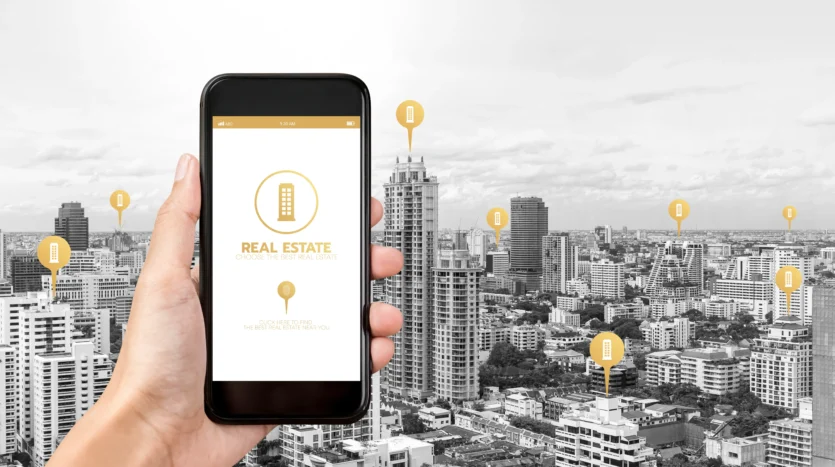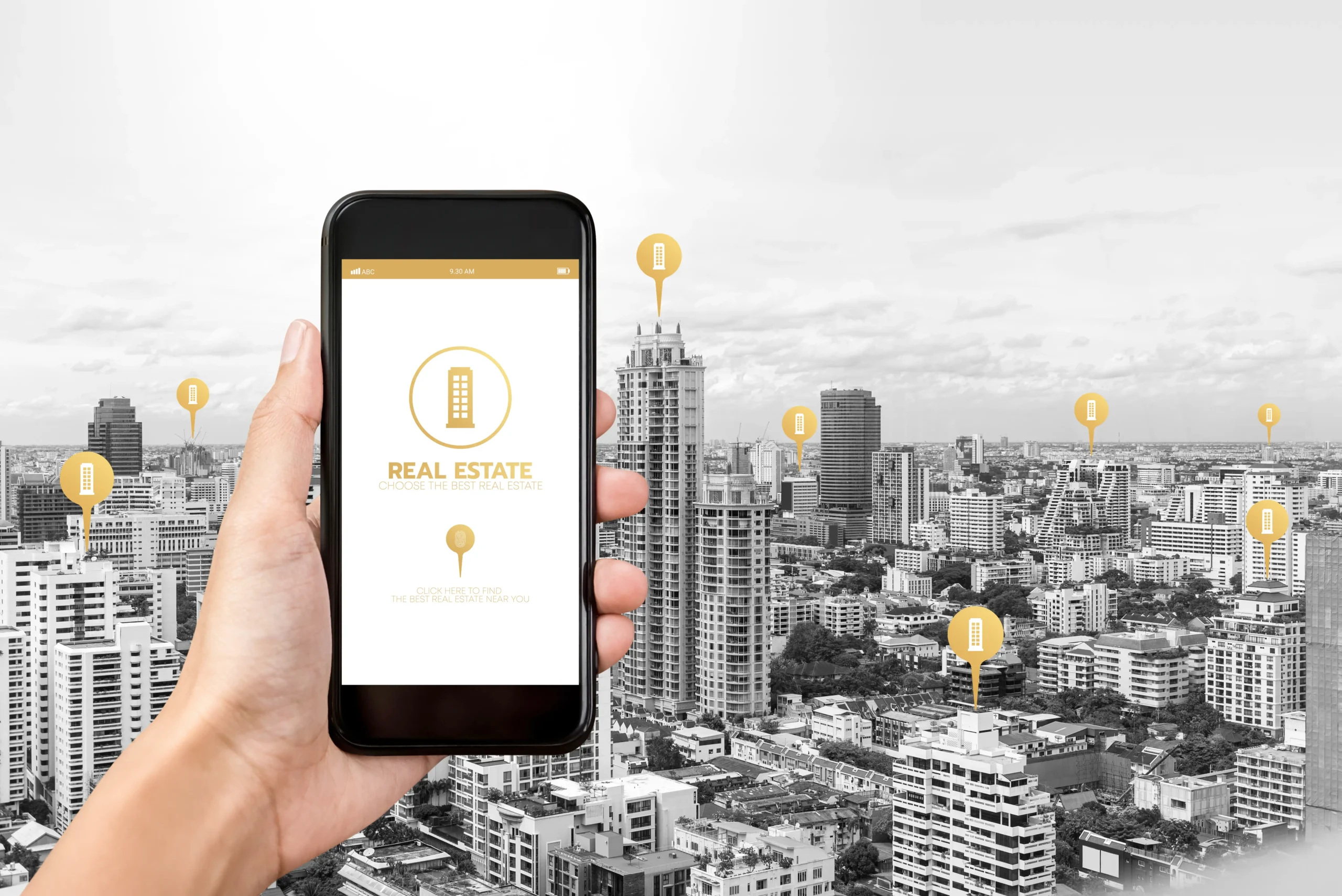
Dubai Real Estate Gets Smarter: The Rise of Tokenized Property
Dubai has long been a beacon for real estate innovation, attracting investors worldwide with its futuristic skyline and investor-friendly policies. Now, the emirate is poised to redefine property investment through the introduction of its first tokenised real estate platform. This groundbreaking initiative aims to democratize property ownership, enhance market liquidity, and position Dubai at the forefront of global real estate technology.
Understanding Real Estate Tokenisation
Real estate tokenisation involves converting ownership rights of a property into digital tokens on a blockchain. Each token represents a fractional share of the asset, allowing investors to buy, sell, or trade these shares seamlessly. This approach offers several advantages:
- Fractional Ownership: Investors can own a portion of a property, reducing the capital required to enter the market.
- Enhanced Liquidity: Tokenised assets can be traded on digital platforms, providing investors with greater flexibility.
- Global Accessibility: Investors worldwide can participate in Dubai’s real estate market without geographical constraints.
- Transparency and Security: Blockchain technology ensures secure and transparent transactions, reducing the risk of fraud.
Dubai’s Pioneering Move into Tokenised Real Estate
In March 2025, the Dubai Land Department (DLD), in collaboration with the Virtual Assets Regulatory Authority (VARA) and the Dubai Future Foundation (DFF), launched the pilot phase of the ‘Real Estate Tokenisation Project’. This initiative positions DLD as the first real estate registration entity in the Middle East to implement tokenisation on property title deeds.
The project’s objectives include:
- Enabling Fractional Ownership: Allowing multiple investors to co-own a single property, diversifying ownership models and lowering entry barriers.
- Expanding Investment Opportunities: Opening the real estate market to a wider pool of individual and institutional investors.
- Enhancing Transparency and Security: Utilizing blockchain-based transactions for unparalleled traceability and security.
- Aligning with Strategic Goals: Supporting the Dubai Economic Agenda D33 and the Dubai Real Estate Sector Strategy 2033.
The DLD anticipates that this initiative will drive significant growth in the real estate tokenisation sector, with its market value projected to reach AED 60 billion by 2033, representing 7% of Dubai’s total real estate transactions.
Key Benefits of Real Estate Tokenisation
Following are the key benefits of Real Estate Tokenisation:
Fractional Ownership
Investors can own a part of a property for as little as $100–$500, drastically lowering the entry barrier.
Liquidity and Flexibility
Instead of holding real estate for years, investors can buy or sell tokens on supported marketplaces, much like trading stocks.
Transparency and Security
Blockchain records are immutable—that means ownership, transactions, and contracts are transparent and secure, reducing fraud and disputes.
Reduced Costs
Tokenisation cuts out middlemen, reducing legal, brokerage, and bank processing fees traditionally associated with property investment.
Key Players Embracing Tokenisation
Several prominent real estate developers and platforms in Dubai are actively participating in the tokenisation movement:
DAMAC Properties and MANTRA Partnership
In January 2025, DAMAC Group, one of Dubai’s leading developers, signed a $1 billion deal with blockchain platform MANTRA to tokenize real-world assets in the Middle East. This partnership aims to list DAMAC’s assets on the MANTRA blockchain, making them available for digital trading.
Stake: Democratizing Real Estate Investment
Stake, a Dubai-based platform co-founded by Rami Tabbara, allows users to invest in Dubai properties through an app with as little as $136. The platform manages these properties and provides investors with monthly dividends, aiming to bring transparency and ease to a traditionally cumbersome process.
Regulatory Framework and Support
The success of real estate tokenisation in Dubai is underpinned by a robust regulatory framework:
- Dubai Land Department (DLD): As the primary regulatory body, DLD oversees the implementation of tokenisation projects, ensuring compliance with legal standards.
- Virtual Assets Regulatory Authority (VARA): VARA collaborates with DLD to develop regulations that govern virtual assets, including tokenised real estate.
- Dubai Future Foundation (DFF): DFF supports innovation in the real estate sector, facilitating the integration of advanced technologies like blockchain.
This collaborative approach ensures that tokenisation initiatives align with Dubai’s broader economic and technological goals.
Implications for Real Estate Agents in Dubai
The advent of tokenised real estate presents both opportunities and challenges for property agents in Dubai:
- Expanded Client Base: Tokenisation lowers the entry barrier for investors, allowing agents to cater to a broader demographic, including international and retail investors.
- Enhanced Services: Agents can offer clients innovative investment options, such as fractional ownership, diversifying their service offerings.
- Need for Technological Proficiency: Agents must familiarize themselves with blockchain technology and digital platforms to effectively navigate the evolving market landscape.
- Regulatory Compliance: Staying abreast of regulatory changes is crucial to ensure compliance and maintain client trust.
Real-World Examples of Tokenised Real Estate in Dubai
Some real world examples of tokenized real estates in Dubai:
DAMAC and MANTRA: $1 Billion Tokenisation Deal
Dubai-based DAMAC Group partnered with blockchain platform MANTRA in 2025 to tokenize real-world assets worth $1 billion. This collaboration allows DAMAC’s properties to be listed and traded on blockchain networks, offering exposure to both crypto and traditional investors.
Stake App: Real Estate for the Masses
Founded by Rami Tabbara, Stake is a Dubai-based platform enabling users to invest in rental properties with just $136. Stake handles tenant management and monthly rental income distribution, making real estate more accessible than ever.
Future Outlook
Dubai’s foray into real estate tokenisation is a testament to its commitment to innovation and economic diversification. By embracing blockchain technology, the emirate is not only enhancing its real estate sector but also setting a precedent for other markets worldwide.
As the tokenisation initiative progresses, it is expected to:
- Attract Global Investment: The ease of access and transparency offered by tokenisation is likely to draw investors from around the world.
- Stimulate Economic Growth: Increased investment in the real estate sector will contribute to Dubai’s broader economic objectives, including the D33 agenda.
- Foster Technological Advancement: The integration of blockchain in real estate will spur further technological innovation within the sector.
Conclusion
Dubai’s introduction of its first tokenised real estate platform marks a significant milestone in the evolution of property investment. By leveraging blockchain technology, the emirate is democratizing access to its real estate market, enhancing transparency, and positioning itself as a global leader in real estate innovation.
For real estate agents in Dubai, this transformation presents an opportunity to expand their services, reach a broader client base, and stay at the forefront of industry advancements. As the market continues to evolve, embracing these changes will be key to sustained success in the dynamic landscape of Dubai’s real estate sector.











